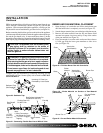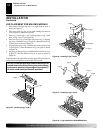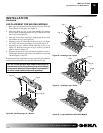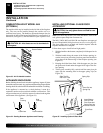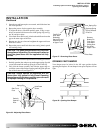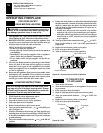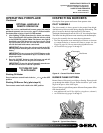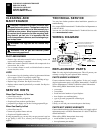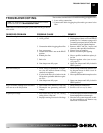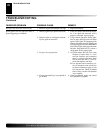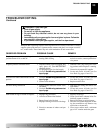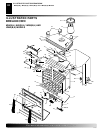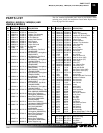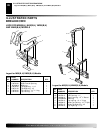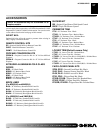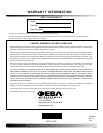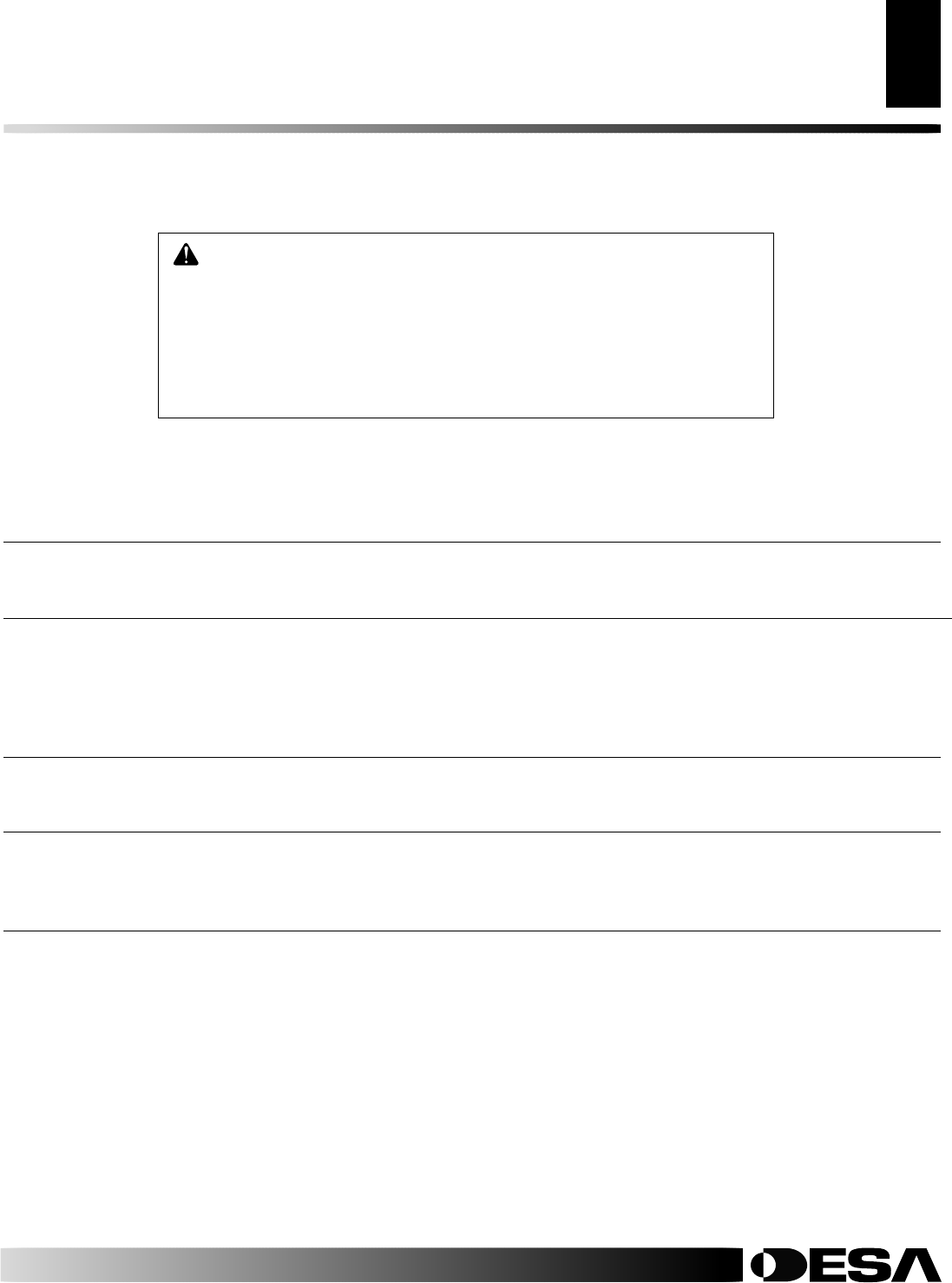
108795
23
23
For more information, visit www.desatech.com
For more information, visit www.desatech.com
TROUBLESHOOTING
Continued
WARNING: If you smell gas
• Shut off gas supply.
• Do not try to light any appliance.
• Do not touch any electrical switch; do not use any phone in your
building.
• Immediately call your gas supplier from a neighbor’s phone. Follow the
gas supplier’s instructions.
• If you cannot reach your gas supplier, call the fire department.
IMPORTANT:
Operating fireplace where impurities in air exist may create odors. Cleaning
supplies, paint, paint remover, cigarette smoke, cements and glues, new carpet or textiles,
etc., create fumes. These fumes may mix with combustion air and create odors.
POSSIBLE CAUSE
1. Metal expanding while heating or con-
tracting while cooling
1. Fireplace burning vapors from paint, hair
spray, glues, etc. (See
IMPORTANT
statement above)
2. For propane/LP gas, low fuel supply
3. Gas leak. See Warning statement at
top of page
1. Gas leak. See Warning statement at
top of page
2. Control valve defective
1. Foreign matter between control valve
and burner
2. Gas leak. See Warning statement at
top of page
1. Improper log placement
2. Air holes at burner inlet blocked
3. Burner flame holes blocked
4. Improper venting or excessive blockage
5. Excessive amounts of embers and pan
material
OBSERVED PROBLEM
Fireplace produces a clicking/ticking noise
just after burner is lit or shut off
Fireplace produces unwanted odors
Gas odor even when control knob is in OFF
position
Gas odor during combustion
Dark residue on logs or inside of fireplace
REMEDY
1. This is common with most fireplaces. If
noise is excessive, contact qualified ser-
vice person
1. Ventilate room. Stop using odor caus-
ing products while fireplace is running
2. Contact local propane/LP supplier
3. Locate and correct all leaks (see Gas
Line Hook-Up, pages 12 and 13)
1. Locate and correct all leaks (see Gas
Line Hook-Up, pages 12 and 13)
2. Replace control valve
1. Take apart gas tubing and remove for-
eign matter
2. Locate and correct all leaks (see Gas
Line Hook-Up, pages 12 and 13)
1. Properly locate logs
2. Clean out air holes at burner inlets. Pe-
riodically repeat as needed
3. Remove blockage or replace burner
4. Have the vent system inspected, includ-
ing the termination cap. Remove any
restrictions or obstruction
5. Clear excess embers until a minimum
gap of 1/2" remains under the grate
TROUBLESHOOTING



